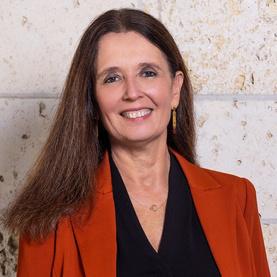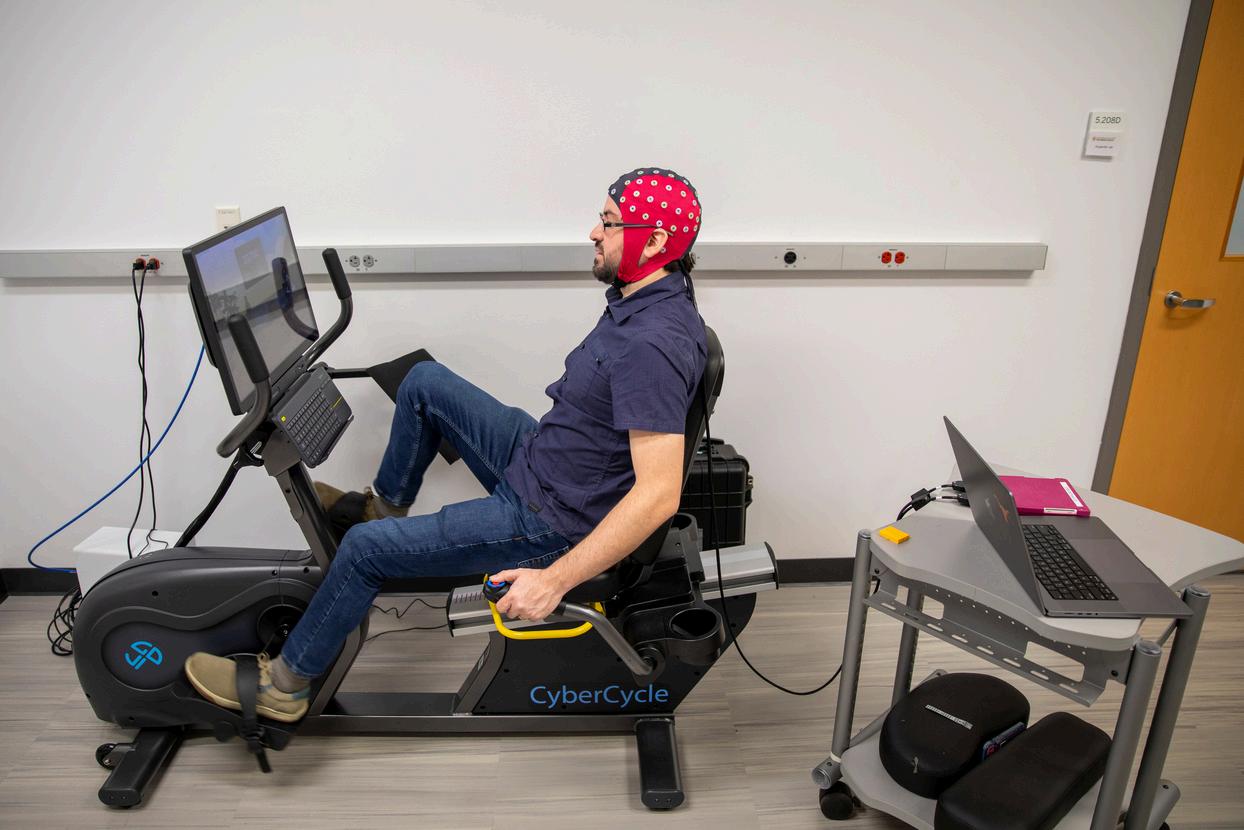

Your Giving. Your Impact. Coleman Fung



Dear Coleman,


On behalf of Dell Medical School and UT Medicine, I extend our heartfelt gratitude for your support Enclosed, you will find an impact report highlighting the strides we have made in the past year thanks to your generosity. You are instrumental in advancing our mission to revolutionize how people get and stay healthy
Your contribution is especially significant as we continue to develop UT Medicine, always putting patients first. This emerging academic health system is poised to become a hub of medical innovation, bringing together top-tier faculty, cross-campus research, cutting-edge technology, and state-of-the-art facilities, all with a relentless focus on the patient
You are making a tangible difference in the lives of our patients, students, faculty and the communities we serve Your support ensures that we can continue to offer compassionate, patient-centered care that transforms lives We are honored to have you as a partner in this vital mission
Thank you for your invaluable support Together, we are defining the future of health and building a legacy of innovation, compassion and excellence that will transform lives for generations to come
With deepest gratitude,

CLAUDIA F. LUCCHINETTI, M.D. Dean, Dell Medical School
Senior Vice President for Medical Affairs, The University of Texas at Austin Frank and Charmaine Denius Distinguished Dean’s Chair in Medical Leadership
The Impact of Your Giving

We are pleased to share the remarkable progress and outcomes of the Year 3 research initiatives made possible through your generous support of Dell Medical School at The University of Texas at Austin Thanks to your gift of $2.5 million, an Infinity Treadmill and two CyberCycles, our research teams have been empowered to explore cutting-edge approaches in brain-computer interfaces (BCIs), embodied learning, and neuromodulation. These efforts focus on how cognitive and physical activities can work together to enhance neuroplasticity and improve treatment options for neurological conditions Your support has enabled collaborative research across multiple disciplines to pursue real-world, meaningful solutions for brain health. Below is a summary of the groundbreaking projects you have made possible.

Project Spotlights
Auditory Attention in Complex Environments
Lead: Liberty Hamilton, Ph.D.
This project investigates how people focus on specific voices in noisy environments. Participants play a custom-designed video game, “Projectile Reptile,” while exercising, which includes dodging projectiles based on speech cues amid background noise EEG, ECG, and real-time physiological monitoring allow researchers to track how exercise intensity affects auditory attention. Your support enabled the development of this dynamic, dual-task platform and the infrastructure for real-time neural tracking and feedback.
Advancing Visual Attention and Cognitive Control
Leads: Liberty Hamilton, Ph.D., and José del R. Millán, Ph.D.
This project explores how brain-computer interfaces can help patients with epilepsy improve attention and cognitive control. A closed-loop BCI system offers personalized visual feedback during reading and sustained attention tasks Clinical trials involve patients undergoing neurosurgery, using iEEG and functional MRI. Your gift enabled the launch of both the pilot and full experimental phases, including critical device integration and data analysis

Understanding and Modulating Stress Responses
Leads: David Paydarfar, M.D., and Joshua Chang, M.D., Ph.D.
This study combines advanced physiological monitoring with gaming to assess and improve how individuals manage stress, particularly in epilepsy. Real-time heart rate variability (HRV) analysis and biofeedback during games like “Save the Reactor” help track autonomic nervous system function. Your support funded custom software development and testing protocols that integrate gameplay with stress analytics, contributing to safer and more effective interventions.
Motor Imagery and Multitasking
Lead: José del R. Millán, Ph.D.
This project evaluates how well people can control devices using motor imagery while walking or pedaling. Participants train with a real-time BCI and receive feedback based on imagined movement. Data from EEG and cardiac signals reveal how movement affects signal quality and BCI control. Your support enabled pilot studies using both treadmill and bike-based systems exploring new

Project Spotlights (cont’d.)
Closed-Loop Neuromodulation for Glioma Therapy
Lead: José del R. Millán, Ph.D.
Designed for glioma patients undergoing surgery, this project uses BCIs and direct cortical stimulation to shift functional brain activity away from tumor-affected areas. The team developed protocols for intra-operative testing with awake patients, integrating high-density EEG and the Ripple stimulation device. Your gift funded surgical integration, equipment acquisition, and pilot patient recruitment for this high-impact study with direct clinical relevance.




Looking Ahead
Because of your generosity, our teams are advancing groundbreaking science with the potential to revolutionize treatment for neurological and cognitive disorders These discoveries are laying the foundation for practical, real-world interventions that could change lives
We are deeply grateful for your visionary support.

Thank you for being a catalyst for progress and healing in neuroscience.
By the Numbers
5 interdisciplinary research projects
4 leading UT Austin labs
20+ researchers, clinicians and graduate students
3 major systems integrated: EEG, ECG and real-time feedback
2 custom-developed therapeutic games tested
3-5 study sessions per participant for all pilot trials
Tech Innovations Enabled

Closed-loop BCI interventions tailored for epilepsy and glioma
Real-time neural tracking system with sub-2ms latency
EEG-based motor imagery multitasking while walking or cycling
Continuous heart rate variability (HRV) stress analysis and scoring
Integration of game difficulty with brain signal feedback
Participant-Centered Research

Real-world environments: treadmill, cycling, and VR gaming
Clinical populations: epilepsy and glioma patients
Data collection optimized for engagement and clinical relevance
Adaptive task difficulty personalized by physiology and performance
Breakthrough Projects
Auditory Focus Under Stress: Game + EEG + exercise = attention insights
Visual Attention Recovery: BCI + iEEG + reading tasks in neurosurgical patients
Stress Resilience Training: Continuous HRV metrics + gaming intervention
Multitask BCIs: Mindcontrolled interfaces during motion
Glioma Surgery Support: Redirecting brain function via intra-op BCI


